The Self-publishers
Marketing Guide
How to successfully market
your self-published book

Published by Palmer Higgs Investments Pty Ltd
First published 2011
Debbie Higgs 2011
This guide is copyright protected and all rights reserved. The reproduction of this guide, in whole or part, and/or its distribution in either print or electronic form is prohibited without prior consent in writing from Palmer Higgs Pty Ltd.
While attempts have been made to verify information provided in this publication, and ensure that facts are accurate at the time of publication, neither the author nor publisher accepts any responsibilities for errors, omissions or contradictory information contained in this document. Any action taken by a customer or other party in reliance on this information is taken at the sole risk and expense of that party.
ISBN 978 0 9870859 0 0 (pbk.)
 B OOKS O NLINE
B OOKS O NLINE
Produced and distributed by
Palmer Higgs Pty Ltd
8 Elliot Place Ringwood, VIC 3134
(03) 8892 4444
www.palmerhiggs.com.au
www.phbooks.com.au
A huge thank you to the team at Palmer Higgs.
I simply wrote it they made the rest happen!
Dear Author
This book started out as a collection of notes to help me promote the books published by Palmer Higgs and the self-publishing authors we work with. As it became increasingly difficult to assist each author individually due to time constraints, my sketchy notes were massaged into a downloadable PDF format and made available to our self-publishing authors to utilise as they required. The final version the book you now hold in your hand (or view on your eReader!) - contains what I consider to be the essential information for any self-publishing author preparing to market their book.
Self-publishing is not a new phenomenon. However, recent developments in print technologies, the rising acceptance of eBooks and the huge growth in online book distribution have created exciting new opportunities for the self-published author. In order to take advantage of these developments and succeed in this new publishing environment, self-published authors must be prepared to invest in a thorough and ongoing marketing campaign.
This book looks at how you can take advantage of traditional book marketing methods combined with the reach of the internet to research your target markets and implement a relatively inexpensive marketing campaign. Authors are fortunate that writing is their skill, as much of todays free publicity depends on the ability to produce immediate and punchy content on web sites, blogs and social media sites. However, the more capable you are at managing the technology side of these applications, the less you will need to spend on outside resources.
The method of implementation of your marketing strategy will depend on how comfortable and confident you are with promoting your own book and you may choose to have this done by a third party. You should, at the very least, have worked through the process of researching and creating a marketing plan before deciding on the best method of implementation for you. This book will guide you through these processes.
The Self-publishers Marketing Guide is split into three sections:
Research for your marketing plan
Creating your marketing plan
Implementing your marketing plan.
Writing a book is an artistic endeavour but publishing it is a business process. The marketing of your book is integral to the success of your self-publishing business project and it requires you to remove your writers hat and view your book as a product - not always easy. I am often asked when you should start working on marketing a book and my answer is that it starts before you even write a word. Every author can imagine their book in someones hand - that is their dream and why they write. The vision of this someone is the basis of a target market and this book will help you find and implement a plan to reach them.
Throughout this Guide, I refer to your book - this of course applies to eBooks, the printed book and other forms of electronic media. Although the medium may change over time, the fundamentals of marketing your product remain the same.
Please note, that in order to keep this book as current and valid as possible, specific links and templates referred to in the document are listed in www.palmerhiggs.com/tspmg. You can also stay updated with the latest hints, tips and news for self-publishers on my blog at www.palmerhiggs.com.
I wish you the best of luck for your marketing campaign and great success for your book.
Debbie Higgs
Palmer Higgs
www.palmerhiggs.com.au
www.facebook.com/PalmerHiggs
www.twitter.com/PalmerHiggs
Contents
You have written your book and decided how to distribute it - now you have to promote and market it. Depending on your distribution channel, you may be personally responsible for direct sales, but even if you have a third-party method of distribution, you still need to create interest in your book. You may be lucky enough to be able to afford specialist advice for some marketing functions (for example, a public relations company to help gain media exposure) but if not, dont despair as the self-published author can achieve some great results on their own.
My experience is that many authors (either published or self-published) are not completely confident about promoting or selling their book. Heres something that may make you feel more comfortable about it.
There are people out there who do want to buy your book. You simply need to make these people aware of its existence and where they can purchase it.
So how do you do this?
Stage 1:Research the people you think would want to buy your book.
Stage 2:Create a Marketing Plan based on your research to keep your efforts on track, on time and on budget.
Stage 3:Implement your Marketing Plan to reach the people who want to buy your book.
Before you start the process of marketing your self-published book, it is important to have information at your fingertips in order to make qualified decisions.
In fact, you probably started your research while writing your book. If writing fiction, you may have found details of a particular place, topic or person featured in your book; if non-fiction, you probably have expertise in a specific subject. In either case, you have already started to gather valuable data for your marketing plan. You should create a repository for all previous notes, recordings, interviews, manuscripts and put down your thoughts on paper. These will form the basis of the first step in your marketing process - Research.

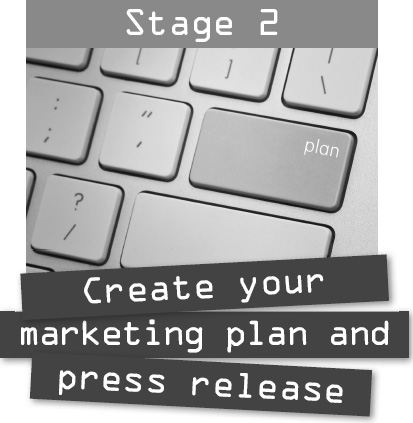
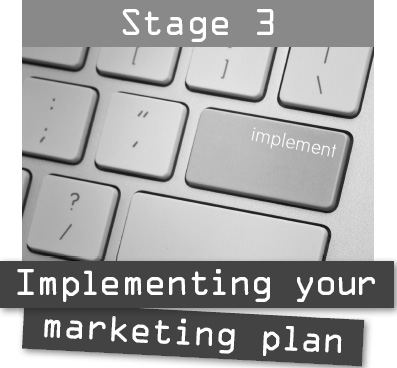

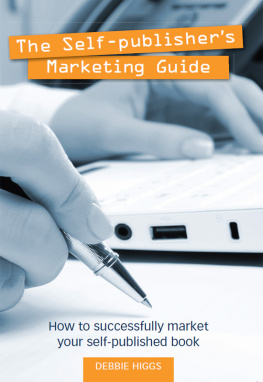

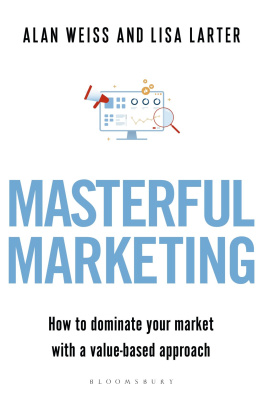
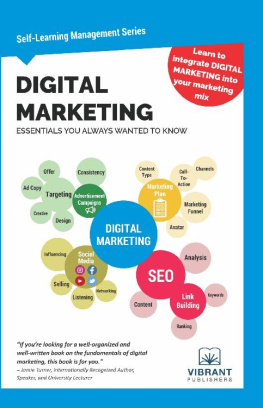

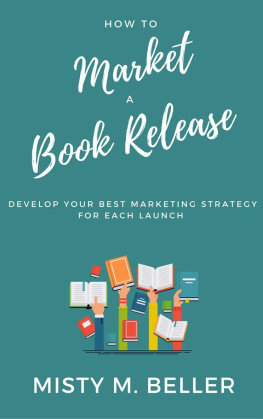

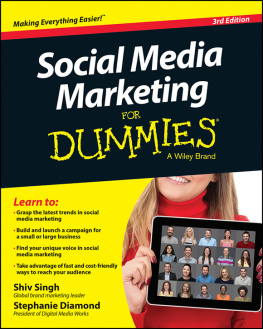
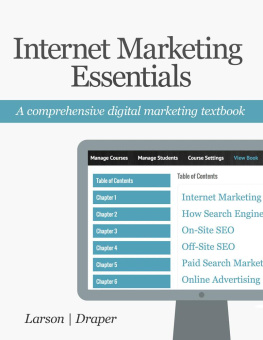


 B OOKS O NLINE
B OOKS O NLINE

